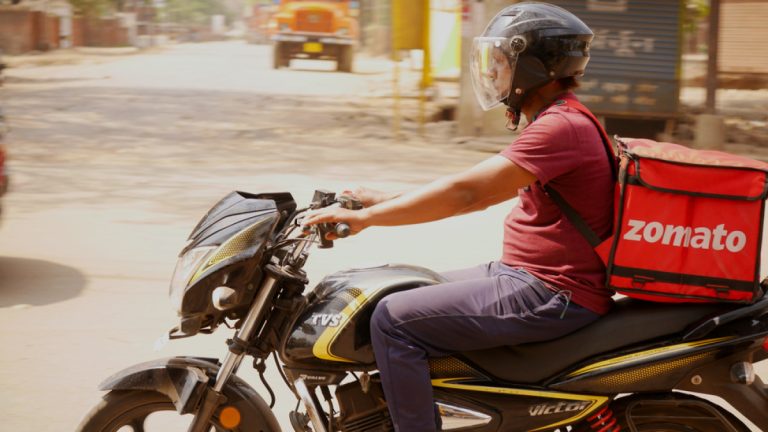Gig workers earn income outside the traditional employer-employee relationship. Gig workers enter into formal agreements with on-demand businesses to provide services for the company or its clients. According to the Taskmo Gig Index, The demand for gig workers has increased by 400% within a year. In the latest report by Niti Aayog it is estimated that workers engaged in the gig economy will grow from 77 lakhs in 2020-21 to 2.35 crore in 2029-30. During the layoff period, the demand for white collar roles has increased by 7X. Companies in today’s digital world are adapting their business models to attract more and more freelancers due to their agility, skillset, and reduced cost. Hiring demand in the Indian gig economy continues to grow at a rapid pace in the post-layoff employment market, reveals the Taskmo Gig Index (TGI).
Based on these estimates, NITI Aayog has recommended some measures for platform-based companies. They have suggested companies focus on social security of workers such as fiscal incentives, like tax breaks or startup grants, for companies with about one-third of their workforce as women and people with disabilities. This is in an attempt to increase the participation of women in the gig economy. Niti Aayog has also recommended extending social security measures such as paid sick leaves, health access and insurance, occupational disease and work accident insurance, retirement/pension plans and other contingency benefits. It has also suggested that platform-based companies support workers when work is irregular.
Also read: Labour Reforms and Labour Codes in India
In 2020, the government of India consolidated 44 labour codes into four. The Social Security Code, 2020 offered guidelines to companies for gig work. It included gig workers in its very definition of social security. It said, “Social security means the measure of protection afforded to employees, unorganized workers and gig workers.” The code did not, however, mandate establishing that protection.
Gig discovery platforms have started addressing these challenges and made the way to find against it. While talking to Mr. Prashnat Janadri, he told, “Taskmo has around 1,00,000+ gig workers community engaged with us and we are continuously working to make their life better by providing instant payout models, digital training, and insurance benefits.”
He added “Our gig workers are continuously digitally trained to upskill themselves according to the market requirement. For taskers health, Taskmo has partnered with insurtech startup Riskcovry to provide our gig workforce with per-day insurance facilities. We have partnered to offer accidental insurance on a switch on/off usage-based coverage, which will be done using digital infrastructure to embed insurance. This insurance facility covers gig workers during the duration of their work hours.”
Companies and gig discovery platforms, together they can work towards securing the future of gig workers which will be the major players in the future economy of the country in the next five years. Some unions have come up in recent times to raise the voice for gig workers rights but unionising has not been an area of exploration for India’s gig workers, as they are protected under no law, and hence their unions are not accorded State recognition. Though several unions and a federation have emerged, these have no legal sanctity. A better law and regulation will help in preventing exploitation, ensuring workers are able to exercise their rights, and aligning the payments and incentives system with broader national objectives and industrial strategy.
Stay connected with us on social media platform for instant update click here to join our LinkedIn, Twitter & Facebook






























